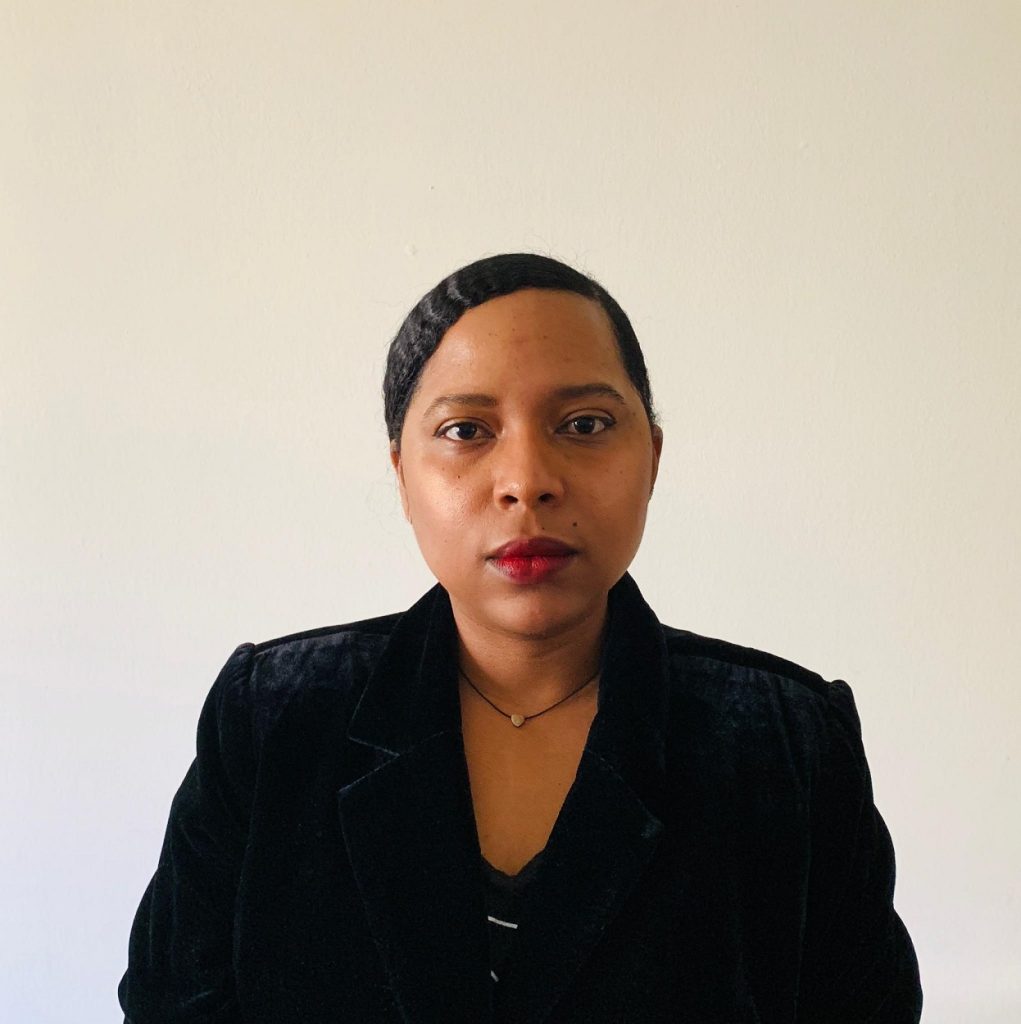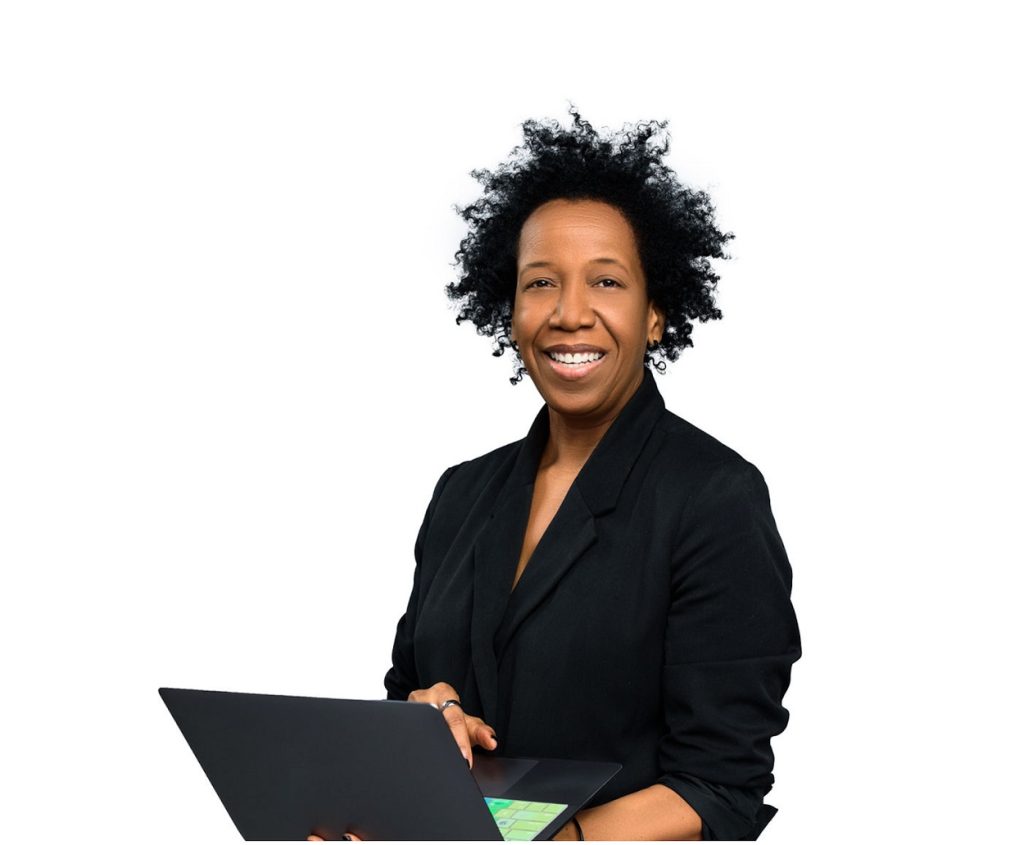
Think of cryptocurrency, and a few associations may pop up ― obscure tech jargon, lucky buyers becoming overnight millionaires, or massive losses from sudden Bitcoin market swings. Few think of the Caribbean and broader diaspora. And yet, the region is witnessing a surge in the crypto space, presenting opportunities for Caribbean consumers to enter the financial market at an unprecedented level.
According to Kaspersky Lab, crypto refers to “any form of currency that exists digitally or virtually and uses cryptography to secure transactions. Cryptocurrencies don’t have a central issuing or regulating authority, instead using a decentralized system to record transactions and issue new units.” Following the launch of the first cryptocurrency, Bitcoin, in 2008, the concept became popular as the Great Recession revealed the frailty underlying the global banking system.

Photo: Courtesy of Adella Toulon-Foerster
The decentralized nature of digital currency is what first attracted Dominican-native Adella Toulon-Foerster to the industry. “I was in the business before crypto was crypto,” laughs the attorney and crypto consultant, who founded a digital gold exchange as early as 2001. “We came up with the idea of an exchange in which a user could have fractional ownership. I believe that was the true beginning of the crypto revolution. People can actually have ownership over their own assets without having to ask permission. I knew this could be game-changing for the unbanked, the underbanked, and the poor.”

Photo: Diana Sinclair
Fair Exchange
One major opportunity lies in remittances, says President and CEO of the Caribbean Blockchain Alliance, Stefen Deleveux. “Remittances are such a part of our reality because so many people in the U.S. and the UK have to send money back to family in the Caribbean, and they have to use a banking system that takes so much money in fees,” says Deleveux. “But with cryptocurrency, my money goes from me to the person I’m sending to directly. Having no middle men takes so much of the cost, complexity, barriers and restrictions out of the equation.”

Photo: Craig Harley
At its core, cryptocurrency “is trying to upend and disrupt the global financial system and putting the power in the hands of everyone instead of the few,” says Ingrid Riley, the founder of the Caribbean technology news website, Silicon Caribe. As a former investigative reporter and journalist, she advises those looking to enter the space to be proactive and educate themselves. “Be curious, attend Twitter spaces, listen and ask questions,” says Riley. “I join newsletters, I read The Milk Road, I watch Coin Bureau. Somebody today just told me about WhiteboardCrypto.
I read these larger websites and media brands, but I also look to communities like Crypto Caribbean, micro-communities based out of Trinidad and the Bahamas, I see who is there doing what and ask questions.”
In a space often dominated by men, Riley also wants to encourage more women to explore the sector. “Women across the region make up about 53% of every Caribbean nation. We have a lot of buying power, knowledge.” She encourages women to “set aside their imposter syndrome and their fears. Whether they want to learn in women’s circles or solo, get involved, get educated.”
The Road Ahead
Still, in the Caribbean, consumers face difficult roadblocks when engaging in these decentralized digital spaces. Most people still rely on the banking system to manage their money. And the region’s internet infrastructure also needs strengthening to access and secure cryptocurrency exchanges. Although many Caribbean countries have sound internet systems, they often rely on outside agents like the United States and the European Union to facilitate. This makes Caribbean countries dependent on the U.S.-based system.
By building a more decentralized digital financial infrastructure, Caribbean countries can ideally become more financially independent, and deal more freely with other nations in the region. Decentralized financial exchanges could also help Caribbean communities be less dependent on Western (and often unfavorable) financial systems, and instead forge deeper ties to other nations in Africa, Asia and South America that remain linked to the Caribbean through colonial histories. “I hope we can use these technologies to reposition the Caribbean away from tourism and the usual industries, so that we can position ourselves with more power in the global digital economy,” says Riley.

Reality Bytes
Beyond these utopian promises, investing in cryptocurrency does come with major risks. Lack of centralized authority also means a lack of regulation and fraud protection. For example, crypto’s surge had generated popular “exit scams,” where bad actors promote a new and exciting cryptocurrency, only for early investors to run away with the funds. Deleveux cautions those new to investing. “A lot of people get involved in hype. The most important thing is to avoid that by all means possible. Don’t buy it as an investment if you don’t understand it.”
Toulon-Foerster, however, remains hopeful. “It’s up to the people that actually believe in the core usefulness of crypto to continue chipping away and really creating those solutions for the users that need the technology.” For her, this means protecting people’s investments with a more secure and accessible technology infrastructure, especially for low-income and underbanked people.
Entities like the Caribbean Blockchain Alliance host events and educational workshops across the Caribbean, and have been pushing the adoption of fintech, blockchain, and cryptocurrency across the Caribbean. These events can be a great way for people looking to learn more to do so in an encouraging and nurturing environment without the worry of scams or false information. Silicon Caribe is an excellent outlet for news and education about the sector. Because, as Riley emphasizes, “it is crucial for Caribbeans to understand what is coming.”

































